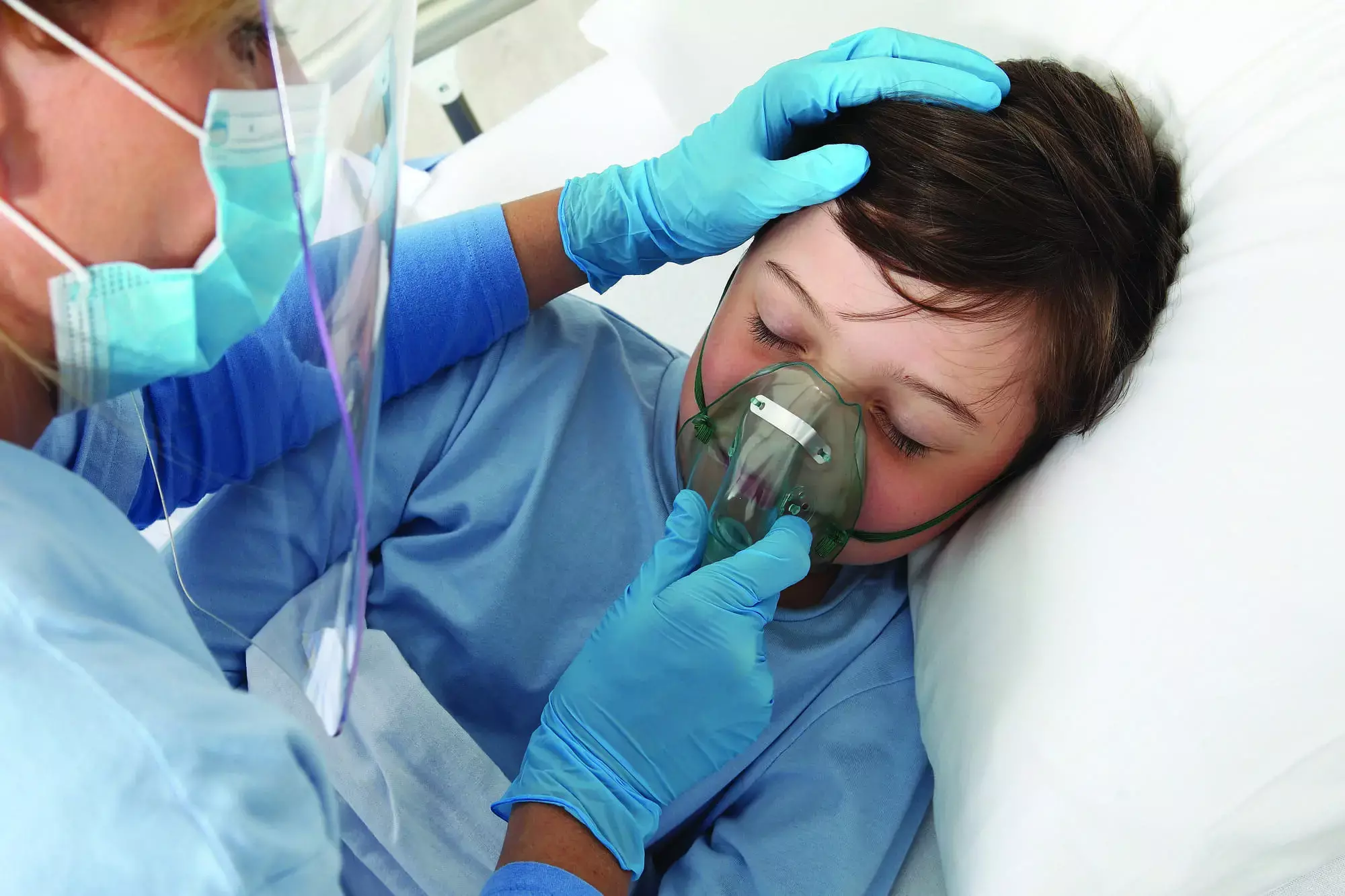- Home
- Medical news & Guidelines
- Anesthesiology
- Cardiology and CTVS
- Critical Care
- Dentistry
- Dermatology
- Diabetes and Endocrinology
- ENT
- Gastroenterology
- Medicine
- Nephrology
- Neurology
- Obstretics-Gynaecology
- Oncology
- Ophthalmology
- Orthopaedics
- Pediatrics-Neonatology
- Psychiatry
- Pulmonology
- Radiology
- Surgery
- Urology
- Laboratory Medicine
- Diet
- Nursing
- Paramedical
- Physiotherapy
- Health news
- Fact Check
- Bone Health Fact Check
- Brain Health Fact Check
- Cancer Related Fact Check
- Child Care Fact Check
- Dental and oral health fact check
- Diabetes and metabolic health fact check
- Diet and Nutrition Fact Check
- Eye and ENT Care Fact Check
- Fitness fact check
- Gut health fact check
- Heart health fact check
- Kidney health fact check
- Medical education fact check
- Men's health fact check
- Respiratory fact check
- Skin and hair care fact check
- Vaccine and Immunization fact check
- Women's health fact check
- AYUSH
- State News
- Andaman and Nicobar Islands
- Andhra Pradesh
- Arunachal Pradesh
- Assam
- Bihar
- Chandigarh
- Chattisgarh
- Dadra and Nagar Haveli
- Daman and Diu
- Delhi
- Goa
- Gujarat
- Haryana
- Himachal Pradesh
- Jammu & Kashmir
- Jharkhand
- Karnataka
- Kerala
- Ladakh
- Lakshadweep
- Madhya Pradesh
- Maharashtra
- Manipur
- Meghalaya
- Mizoram
- Nagaland
- Odisha
- Puducherry
- Punjab
- Rajasthan
- Sikkim
- Tamil Nadu
- Telangana
- Tripura
- Uttar Pradesh
- Uttrakhand
- West Bengal
- Medical Education
- Industry
Ensuring Medication Safety for Pediatric Patients in Resource-Limited Settings ,study finds

Medication errors and adverse drug events pose a significant risk for pediatric patients undergoing anesthesia, especially in lower middle-income countries (LMICs) where healthcare systems face resource constraints. A recent study examined the frequency and types of medication errors reported over a 20-year period in the anesthesia department of a tertiary care teaching hospital in an LMIC setting. The researchers reviewed 2,249 critical incident reports filed between 2001 and 2020 for pediatric patients (age 18 or younger) receiving anesthesia care. Of these, 196 incidents involved medication errors. The most common medication classes implicated were neuromuscular blockers (22.5%), opioids (20%), sedatives/hypnotics (15.3%), and antibiotics (13.3%). The majority of medication errors occurred during the administration phase (45%) and the preparation phase (41%). The most frequent types of administration errors were repetition (35%), incorrect dosing (33%), and medication substitution (23%). About one-third of administration errors resulted in harm to the patient, with 15 incidents classified as "serious", 11 as "significant", and 1 as "life-threatening". Notably, 92% of the medication errors involved human factors, with the most common contributors being lack of mandatory checks, poor judgment, and knowledge gaps (48%), as well as deviations from standard practice (29%). Other human factors implicated included stress (12.2%) and poor communication (10.5%).
The researchers highlight several important lessons and strategies to improve medication safety in this setting: 1. Implement standardized processes for medication preparation, labeling, and administration, including one-at-a-time preparation and clear syringe labeling. 2. Develop written medication plans for each pediatric patient to be available in the operating room. 3. Provide regular training and workshops on pediatric medication safety for all anesthesia providers. 4. Strengthen the critical incident reporting system to enable continuous quality improvement efforts. 5. Adopt low-cost solutions like "closed-loop communication" and standardization of oral instructions to address communication-related errors. While the overall rate of adverse drug events was relatively low in this study, the researchers emphasize that even a small number of serious or life-threatening events can have devastating consequences for pediatric patients. Implementing a multifaceted approach to enhance medication safety is crucial, especially in resource-limited LMIC settings where healthcare systems face unique challenges. Continuous quality improvement efforts and shared learnings can help drive progress in this critical area of patient safety.
Reference –
Shemila Abbasi et al. (2025). Medication Errors And Adverse Drug Events In Peri-Operative Pediatric Anesthetic Care Over Twenty Years: A Retrospective Observational Study. *BMC Anesthesiology*, 25. https://doi.org/10.1186/s12871-025-03109-8.
MBBS, MD (Anaesthesiology), FNB (Cardiac Anaesthesiology)
Dr Monish Raut is a practicing Cardiac Anesthesiologist. He completed his MBBS at Government Medical College, Nagpur, and pursued his MD in Anesthesiology at BJ Medical College, Pune. Further specializing in Cardiac Anesthesiology, Dr Raut earned his FNB in Cardiac Anesthesiology from Sir Ganga Ram Hospital, Delhi.


